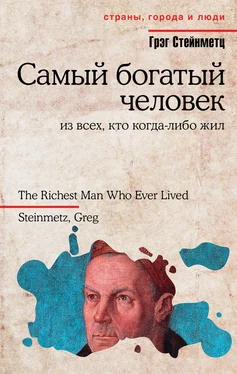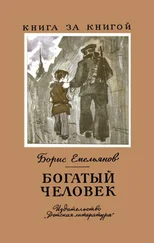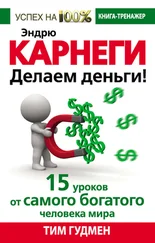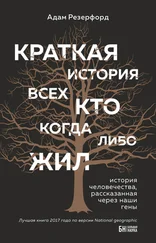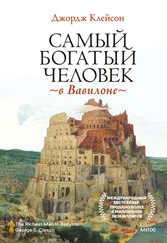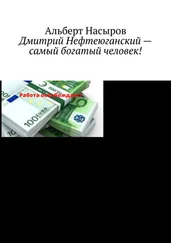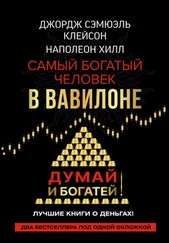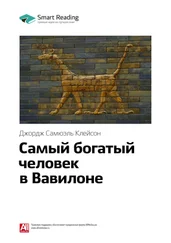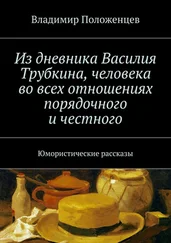Poelnitz, Goetz von. Jakob Fugger . Tuebingen: J.C.B. Mohr. 1949.
Poelnitz, Goetz von. Fugger und Hanse . Tuebingen: J.C.B. Mohr. 1953.
Poelnitz, Goetz von. Jakob Fugger Zeitungen und Briefe an die Fьrsten des Hauses Wettin in der Frьhzeit Karls V. 1519–1525. Nachrichten von der Akademie der Wissenscgaft in Gцttingen. Gцttingen : Vanderhoeck & Ruprecht. 1941.
Ranke, Leopold von. The History of the Latin and Teutonic Nations . London: George Bell and Sons. 1887.
Ranke, Leopold von. The History of the Reformation in Germany, Volumes I and II . New York: Frederick Ungar Publishing Co. 1966.
Redlich, Otto Reinhardt . Der Reichstag von Nьrnberg 1522–1523 . Leipzig: Gustav Fock.1887.
Reston, James Jr. Defenders of the Faith . New York: Penguin. 2009.
Reyerson, Katherine L. Jacques Coeur: Entrepreneur and King’s Bursar . New York: Pearson Longman. 2005.
Robbins, Rossell. The Encyclopedia of Witchcraft and Demonology . New York: Crown Publishers. 1959.
Robertson, William. The History of the Reign of the Emperor Charles Vol, 2. London. W. and W. Strahan. 1769.
Roeck, Bernd. Geschichte Augsburg . Munich: Verlag C.H. Beck. 2005.
Roover, Raymond de. The Rise and Decline of the Medici Bank 1397–1494 . New York, New York. Norton & Co., 1966.
Roper, Lyndal. The Holy Household: Women and Morals in Reformation Augsburg . Oxford. Claredon Press. 1989.
Rublack, Ulinka. Dressing Up . Oxford: Oxford University Press. 172010.
Safley, Thomas Max. Charity and Economy in the Orphanages of Early Modern Augsburg . New Jersey: Humanities Press. 1997.
Scarisbrick, J.J. Henry VIII . Berkeley and Los Angeles: University of California Press, 1968.
Scheller, Benjamin. Memoria an der Zeitwende: Die Stiftungen Jakobs Fuggers des Reichen vor und waehrend der Reformation . Berlin: Akademie Verlag. 2004.
Scott, Tom and Scribner, Bob, editors. The German Peasants’ War: A History in Documents . Amherst, N.Y.: Humanity Books. 1991.
Schad, Martha. Die Frauen des Hauses Fugger von der Lilie . Augsburg: J.C.B. Mohr. 1989.
Schulte, Aloys. Die Fugger in Rom: 1495–1523 . Leipzig: Verlag von Duncker & Humblot, 1904.
Sender, Clemens. Die Chroniken der Schwaebischen Staedte . Leipzig. Verlag von S. Hirzel. 1894.
Seton-Watson, R.W. Maximilian I, Holy Roman Empero r. London: Archibald Constable & Co. 1902.
Schick, Leon. Jacob Fugger . Paris: S.E.V.P.E.N. 1957.
Sider, Sandra. Handbook to Life in Renaissance Europ e. New York: Facts on File. 2005.
Sigerist, Henry. Four treaties of Theophrastus Von Hohenheim, called
Paracelsus . Baltimore: John Hopkins Press. 1941.
Simnacher, Georg. Die Fugger-Testamante des 16. Jahrhunderts. Weissenhorn: Anton H. Konrad Verlag. 1994.
Spufford, Peter. Handbook of Medieval Exchange . London: Royal Historical Society. 1986.
Spufford, Peter. Power and Profit. The Merchant in Medieval Europe . New York: Thames and Hudson. 2002.
Stahl, Alan . Zecca: The Mint of Venice in the Middle Ages . Baltimore: John Hopkins University Press. 2000.
Stayer, James M. The German Peasants’ War . London: McGill-Queen’s University Press. 1991.
Strauss, David-Friedrich. Ulrich Von Hutten, His Life and Times . London: Daldy, Isbister & Co. 1874.
Strauss, Gerhard. Manifestations of Discontent in Germany on the Eve of the Reformation . Bloomington, Indiana: Indiana University Press. 1971.
Strieder, Jacob. Jacob Fugger the Rich . Merchant and Banker of Augsburg, 1459–1525. New York: Archon Books. 1966.
Storck, Thomas. Is Usury Still a Sin ? Distributist Review. January 30, 2012.
Sugar, Peter. A History of Hungary . Bloomington: University of Indiana Press. 1994.
Tanner, Marcus. The Raven King: Matthew Corvinus and the Fate of his Lost Library . New Haven: Yale University Press. 2008.
Tarr, Russel and Randell, Keith. Access to History: Luther and the German Reformation 1517–1555 [Third Edition]. London: Hodder Education. 2008.
Thausing, Moriz. Albert Duerer: His Life and Works . London: John Murray. 1882.
Todd, Walker. Progress and Property Rights: From the Magna Carta to the Constitution . Great Barrington: American Institute for Economic Research. 2009.
Unger, Miles. Machiavelli . New York: Simon & Schuster. 2011.
Unger, Miles. Magnifico. The Brilliant Life and Violent Times of Lorenzo de’ Medic i. New York: Simon & Schuster. 2008.
Van der Wee, Herman. The Growth of the Antwerp Market and the European Economy . The Hague: Martinus Nijhoff. 1963.
Vaughan, Richard. Charles the Bold: The Last Valois Duke of Burgundy . Woodbridge, U.K.: Boydell. 2002.
Wehr, Gerhard. Thomas Muentze r. Hamburg: Rowolt. 1972.
Wegg, Jervis. Richard Pace . New York: Barnes & Noble. 1932.
Wellman, Sam. Frederick the Wise: Seen and Unseen Lives of Martin Luther’s Protector . Lexington, Kentucky: Wild Centuries Press. 2011.
Wheatcroft, Andrew. The Habsburgs: Embodying Empire . London: Penguin Books. 1996.
Wiesflecker, Hermann. Maximilian I: Die Fundamente des habsburgischen Weltreiches . Vienna: Verlag fuer Geschichte und Politik. 1991.
Whiteway, R.S. The Rise of Portuguese Power in India: 1497–1550 . New Delhi: Asian Educational Services. 2007.
Wood, Diana. Medieval Economic Thought. Cambridge, U.K. Cambridge University Press. 2002.
Worden, Skip. Godliness and Greed: Shifting Christian Thought on Profit and Wealth . Lanham, Maryland: Lexington Books. 2010.
Wurm, Johann Peter. Johannes Eck und der Oberdeutsche Zinsstreit, 1513–1515 . Mьnster: Aschendorffsche Verlagsbuchhandlung. 1997.
Zimmerling, Dieter. Die Hanse: Handelsmacht im Zeichen der Kogge . Duesseldorf: Econ Verlag. 1984.
Zimmermann, Wilhelm. Der Bauernkrieg von 1525 .
Zimmern, Helen. The Hansa Towns . New York: G.P. Putnam & Sons. 1889.
Вид бухгалтерской отчетности, в которой отражаются одновременно дебет и кредит. – Здесь и далее примеч. ред.
В немецких народных сказках Румпельштицхен – демонический карлик, способный ткать золотую пряжу. См. сборник сказок братьев Гримм.
Перевод А. Бобовича. См.: Тацит К. О происхождении германцев и местоположении Германии // Сочинения в 2 т. Т. 1: Анналы. Малые произведения. М.: Наука, 1969.
Автор обыгрывает идентичность написания фамилии и бранного слова из англо-американского обсценного лексикона; самый «мягкий» перевод слова Fucker во втором случае – «мерзавец».
Имеется в виду Ф. Сансовино, сын знаменитого итальянского скульптора Я. Сансовино и автор ряда исторических хроник, в том числе «Истории Венеции, великолепного города, что не похож ни на какой другой» (1581).
Читать дальше
Конец ознакомительного отрывка
Купить книгу
